At least one civilian killed as Saudi jets bomb Sana’a, other Yemeni cities
Saudi Arabia has intensified its air raids against residential areas in the Yemeni capital Sana’a and elsewhere in the war-wracked country, after the head of Yemen’s Supreme Political Council announced the launch of a general mobilization campaign against the Saudi war and all-out blockade.
Saudi jets conducted several air attacks against al-Masajid area in the Bani Matar district of Sana’a early on Friday, Yemen's Arabic-language al-Masirah television network reported.
At least one civilian was killed in the latest attack. It followed another strike that hit Hajjah province.
The Yemeni media outlets also reported that the Saudi military aircraft launched at least seven raids against the al-Jubah and Wadi districts of Yemen’s central province of Ma’rib.
Saudi planes hit Medghal and Sirwah districts in the same Yemeni province as well.
Saudi jets also bombed the Harad district in Yemen’s northern province of Hajjah on three occasions. There have been no reports of casualties as of yet.
Al-Tinah area in the Midi district of Hajjah province was also targeted by the warplanes.
Mahdi al-Mashat, who heads Yemen's Supreme Political Council, stressed on Wednesday the importance of “popular steadfastness” in the face of the aggressors as he announced the start of the “Yemen Hurricane” campaign.
He added that the campaign would include the Yemeni people, elite, and officials, emphasizing that the nation will mobilize to respond to the crimes of Saudi Arabia and its allies via “all available means.”
Mashat urged state institutions to play an effective role in advancing the campaign at all levels.
He also called on all Yemeni people to “seriously interact” with the campaign and stand by the army and popular committees in the fight against the brutal Saudi aggression.
Civil society groups urge US Congress to oppose Ansarullah terror listing
Meanwhile, more than 40 civil society organizations, rights groups and anti-war bodies delivered a letter to the United States Congress on Thursday, calling on US lawmakers to publicly urge the administration of President Joe Biden not to designate Yemen’s popular Ansarullah resistance movement as a foreign terrorist organization (FTO).
The letter was signed by the Friends Committee on National Legislation, Democracy for the Arab World Now, and the Quincy Institute for Responsible Statecraft, among others.
The letter comes as the White House deliberates whether to make the designation amid pressure from the United Arab Emirates (UAE) and Israel.
Aid groups have warned that Washington’s decision to go through with the listing and the sanctions that accompany it would further deteriorate the humanitarian situation in Yemen by severing access and making it illegal for any US organizations or companies to provide aid to those parts of Yemen controlled by Yemen’s Sana’a-based National Salvation Government.
“This label would only serve to disincentivize the Houthis from engaging in the diplomacy needed to end this war, and would make it nearly impossible to deliver critical commercial goods and humanitarian aid to millions of innocent Yemenis,” Hassan El-Tayyab, legislative director for Middle East policy at Friends Committee on National Legislation, said.
“It's critical Congress speak out against a potential FTO designation and work to end all US military participation in the Saudi-led war and blockade, before more Yemenis are plunged into famine,” he pointed out.
Aisha Jumaan, president of the Yemen Relief and Reconstruction Foundation, also said designating Yemen’s Ansarullah movement as an FTO would “amount to an intentional starvation of 30 million Yemenis, 16.2 million of whom are at the brink of famine.”
Last year, in the final days of former president Donald Trump's term in office, the White House moved to list Ansarullah as an FTO – a decision which was quickly reversed by Biden as he assumed office.
Saudi Arabia and a number of its regional allies, backed by the United States and European powers, launched the war on Yemen in March 2015, with the goal of bringing the government of former Yemeni president Abd Rabbuh Mansour Hadi back to power and crushing Ansarullah resistance movement.
The war has left hundreds of thousands of Yemenis dead and displaced millions more. It has also destroyed Yemen’s infrastructure and spread famine and infectious diseases there.
Despite Saudi Arabia’s incessant bombardment of the impoverished country, the Yemeni armed forces have gradually grown stronger, leaving Riyadh and its allies, most notably the United Arab Emirates, bogged down in the country.
Venezuelan military stands with acting president after US kidnapping of Maduro
VIDEO | Press TV's news headlines
VIDEO | Protesters in Toronto slam US kidnapping of Venezuelan president
Israeli troops detain, intimidate Palestinian toddler in West Bank
Iran says its investments in Venezuela face no major risk
Make ‘right decision’ or face more US pressure, Rubio tells Venezuela’s Rodriguez
VIDEO | General Soleimani honored in Kashmir, Kargil
US, Israel waging ‘soft warfare’ to destabilize Iran after June defeat: Top general


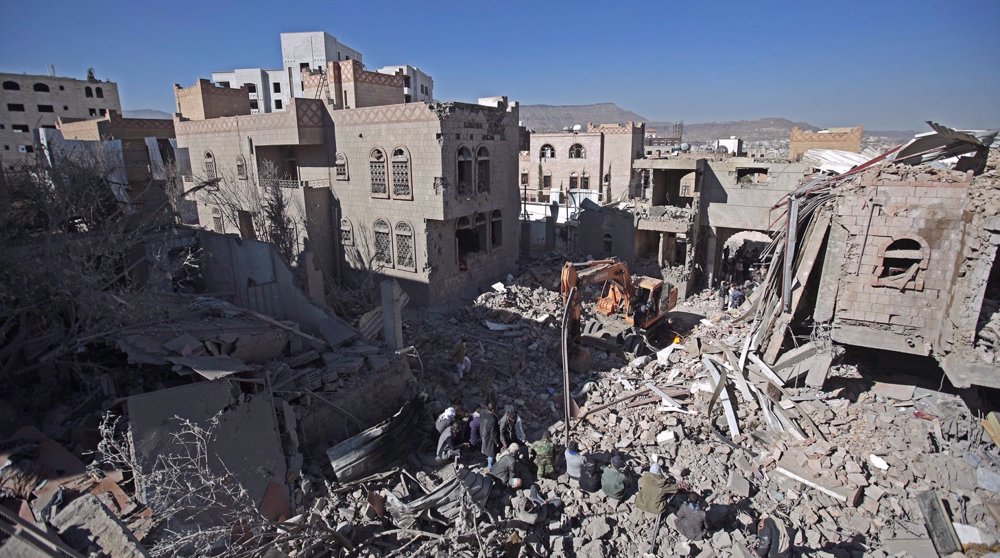
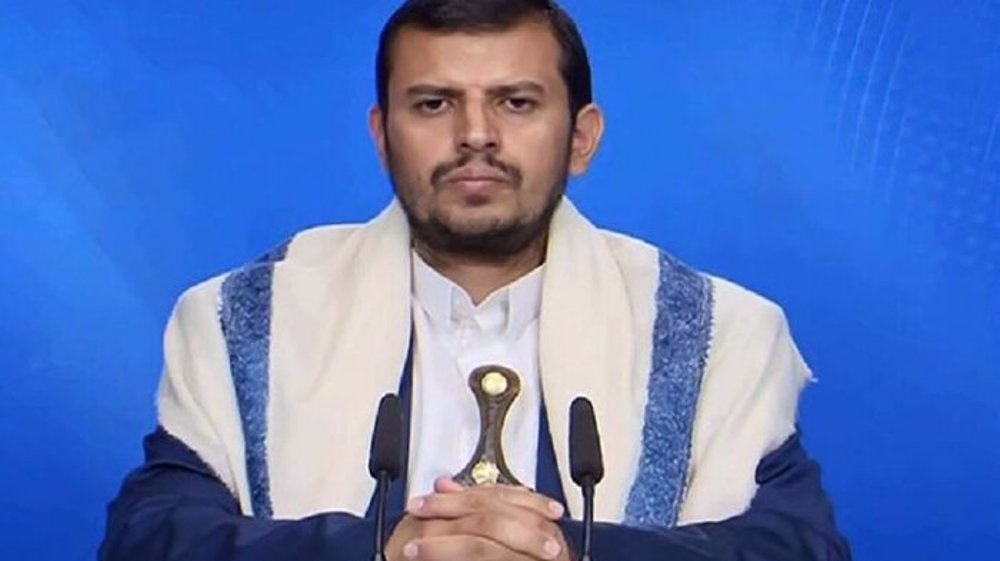
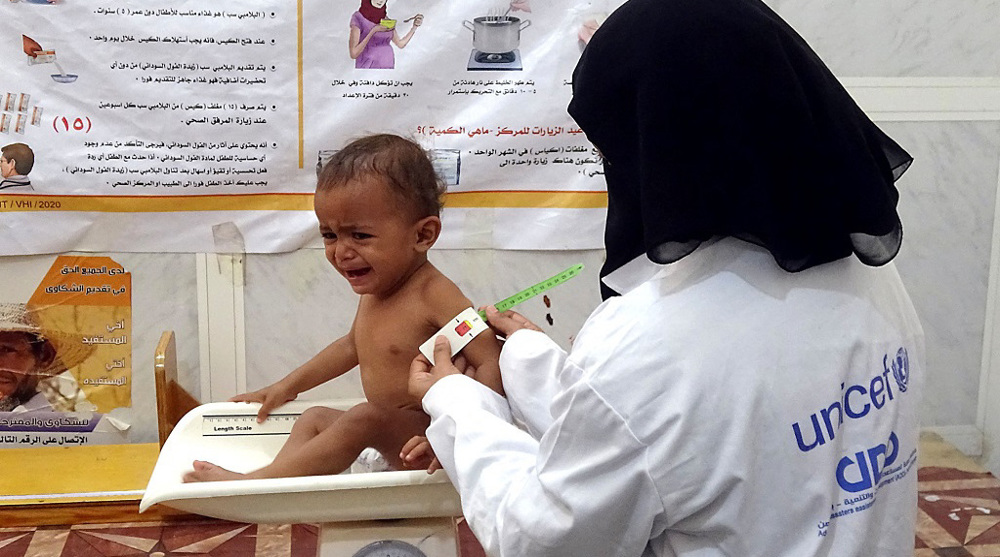
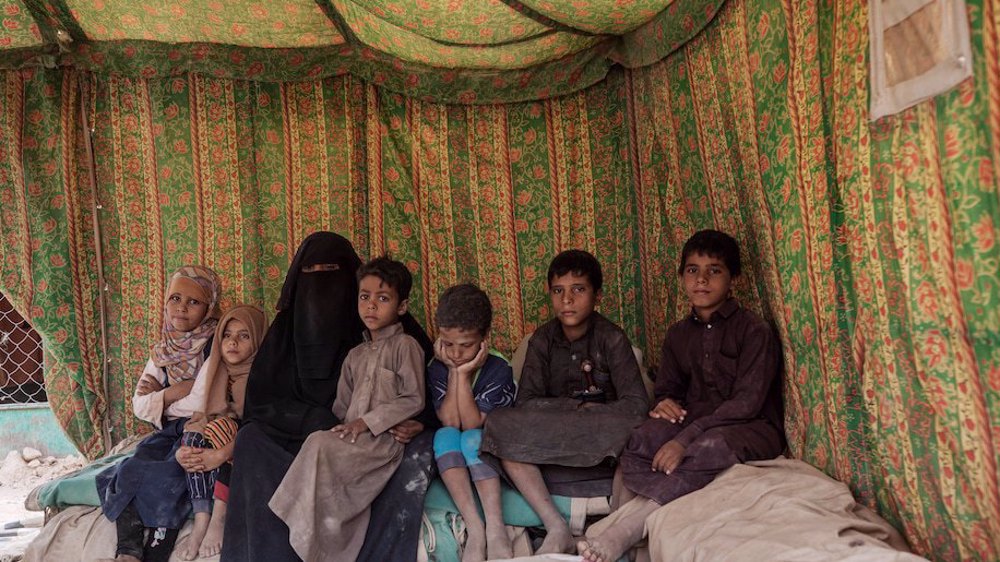
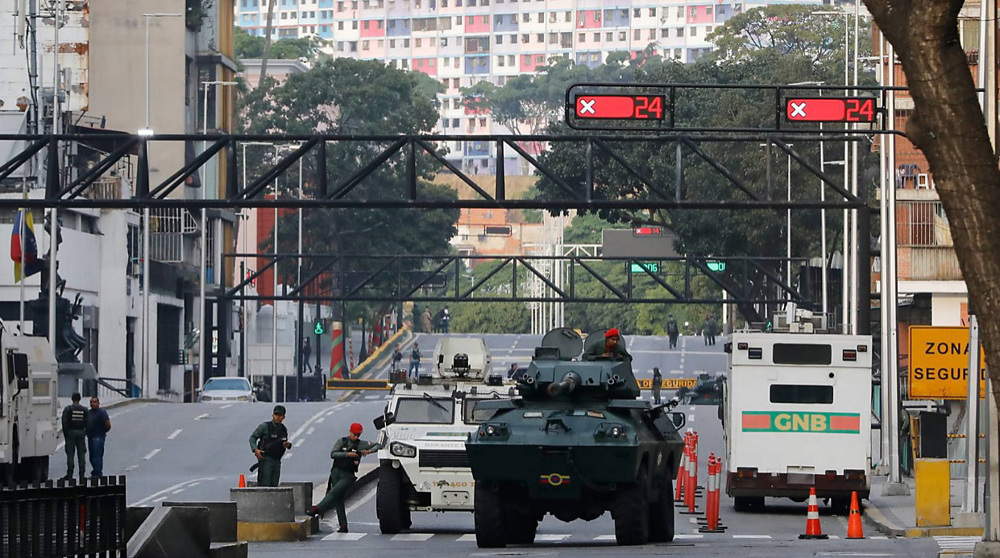
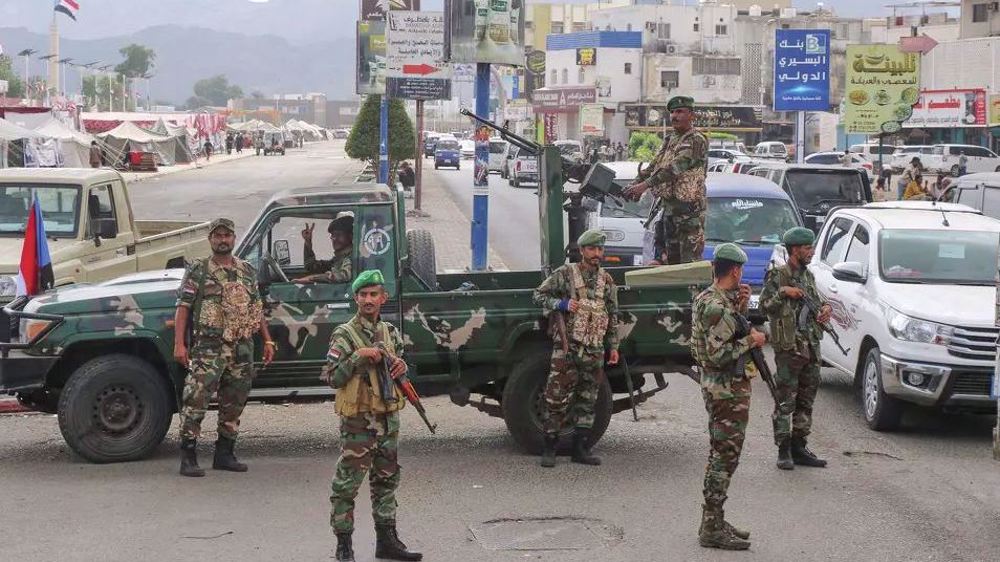
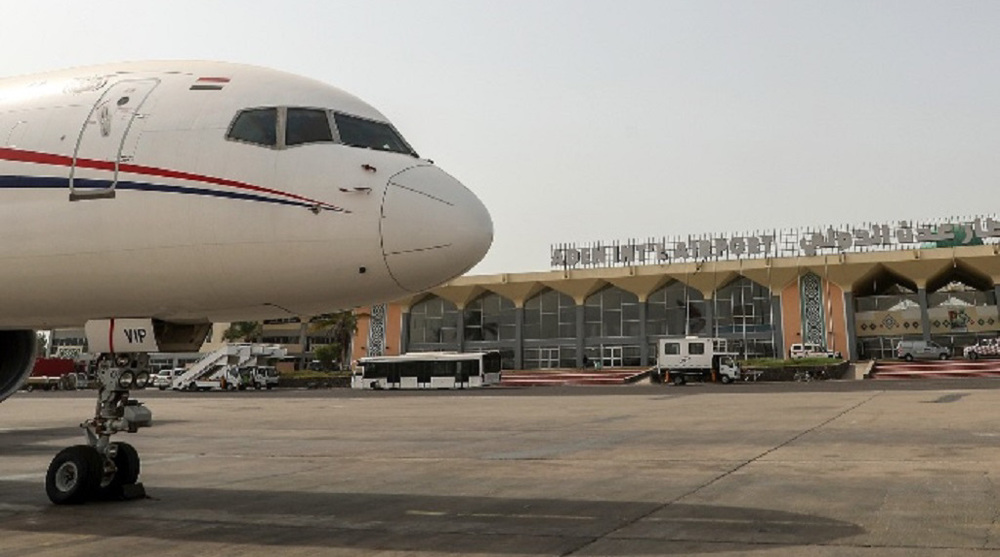



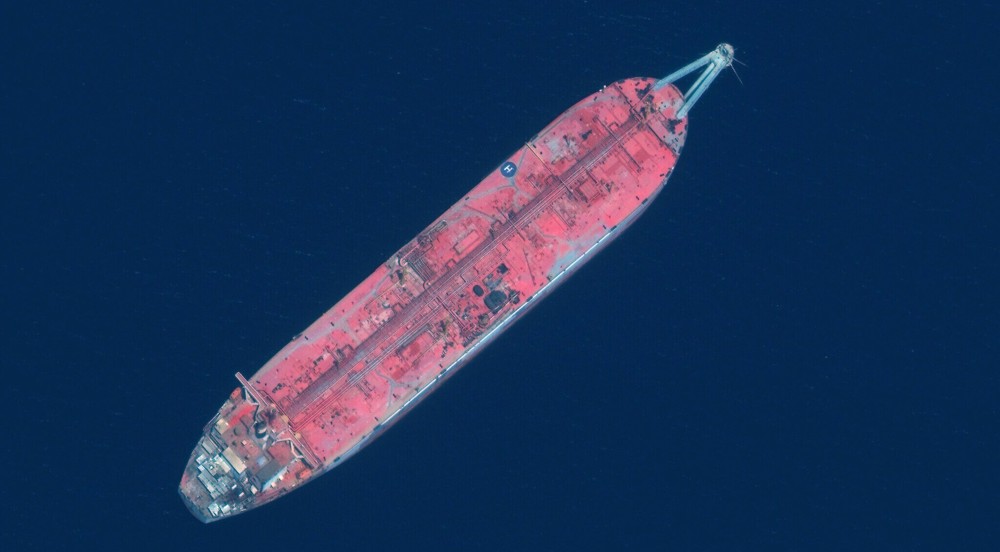
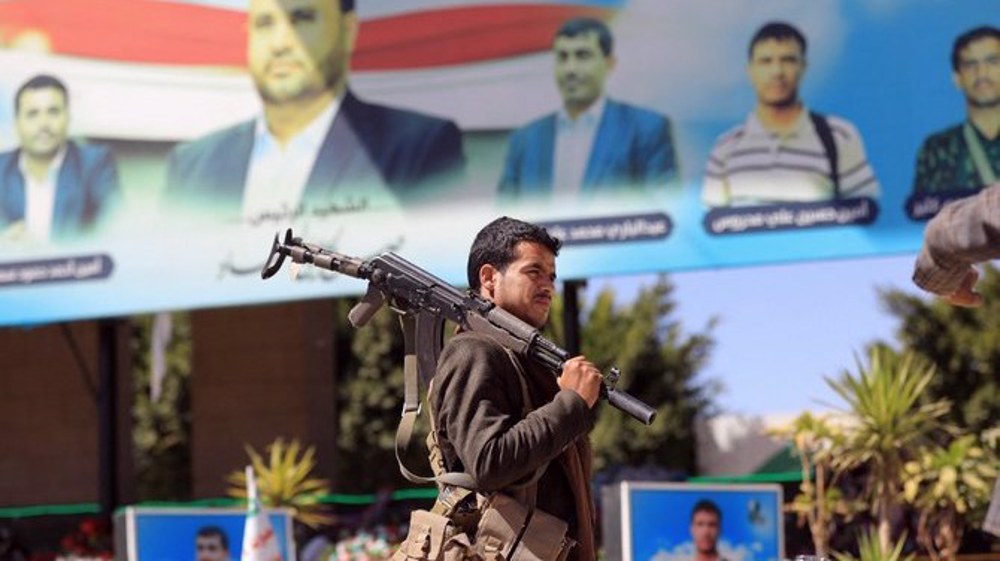
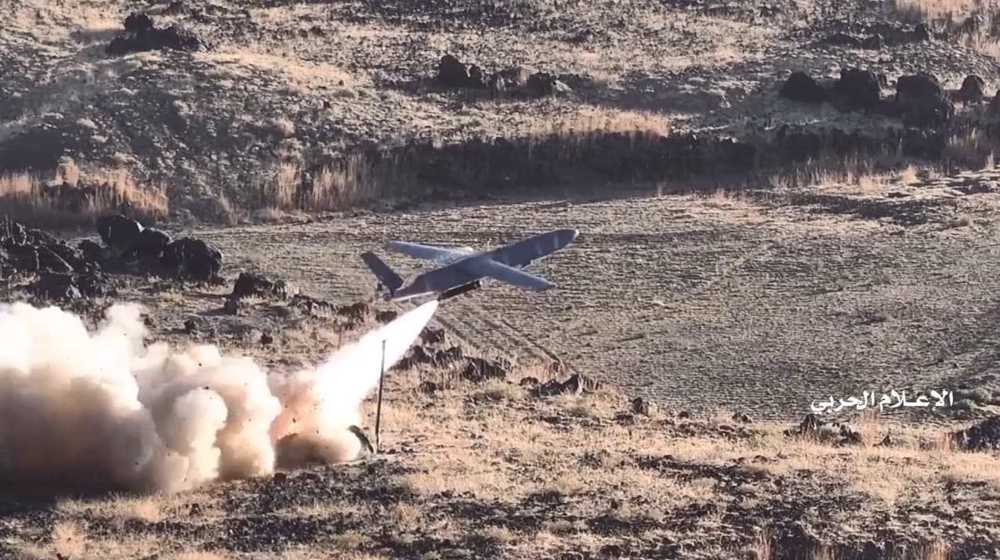
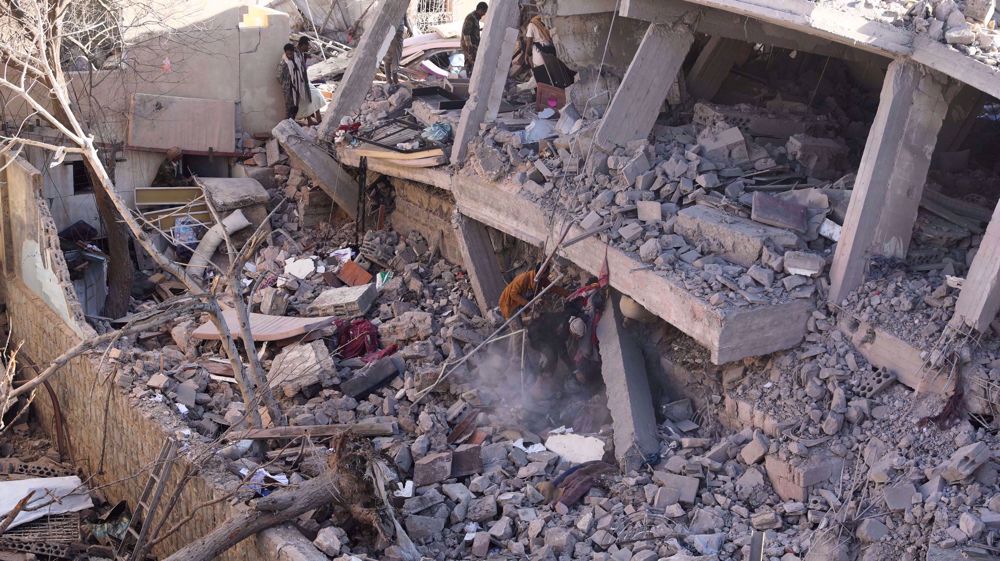
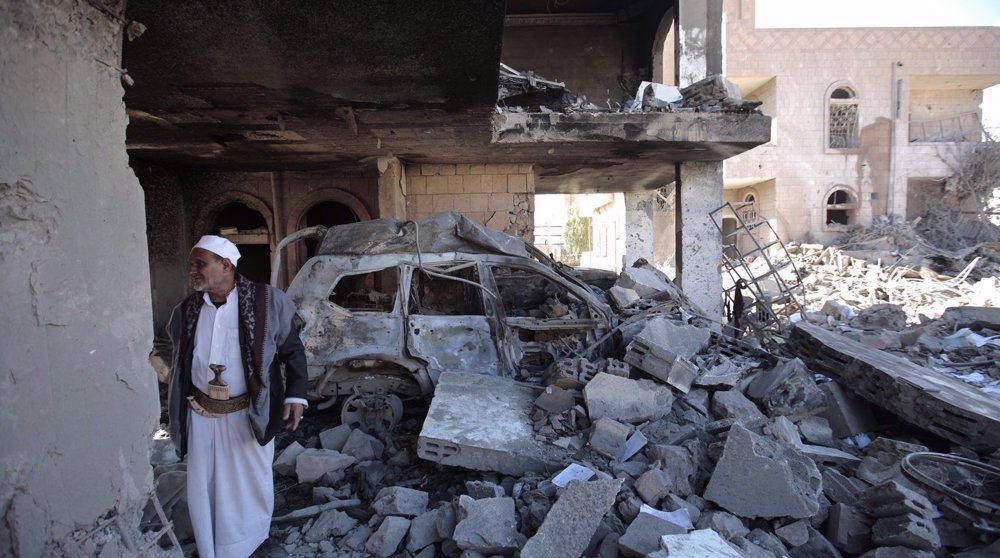
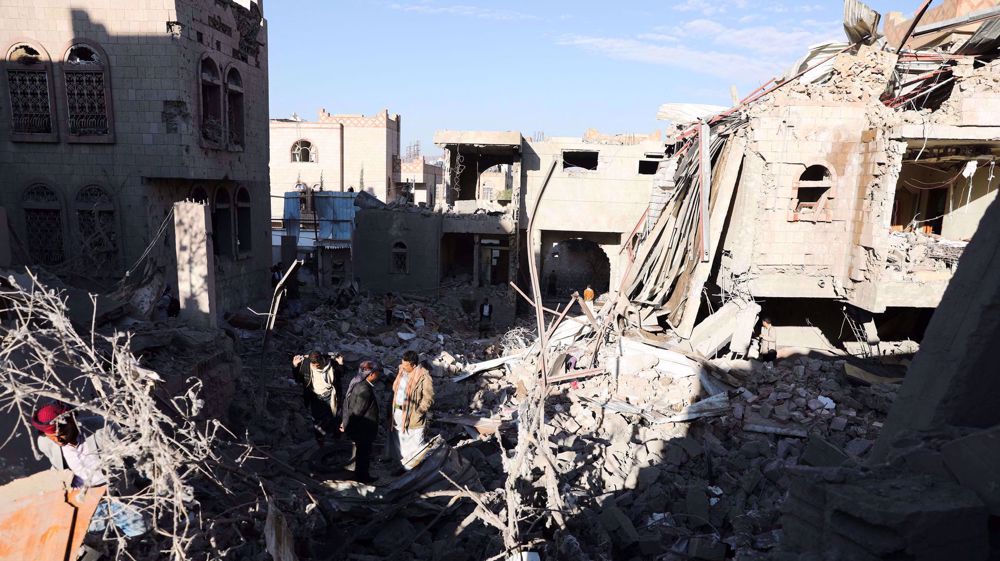


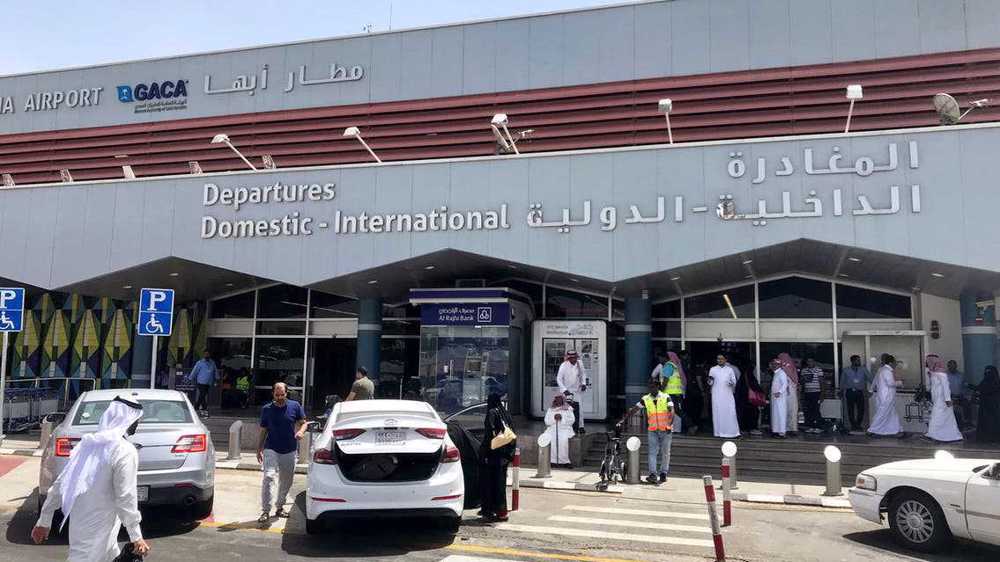
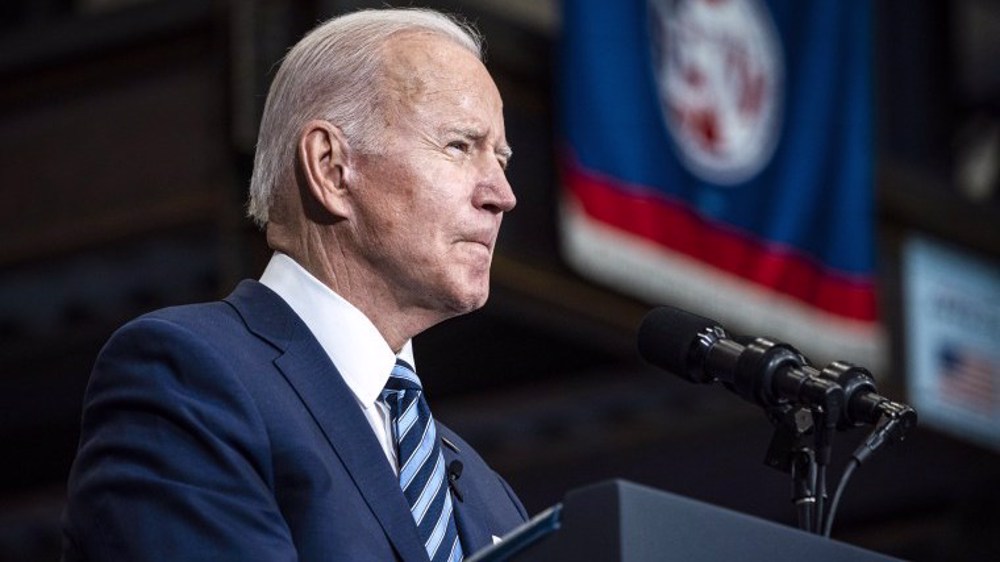

 This makes it easy to access the Press TV website
This makes it easy to access the Press TV website